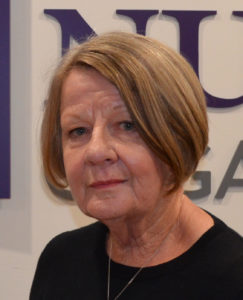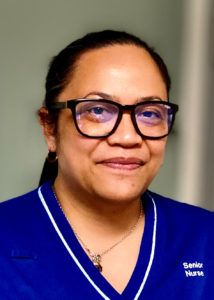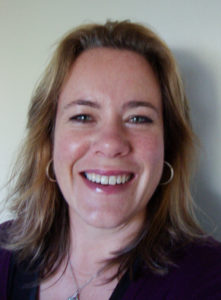
A Government-commissioned review of the 15-year old care capacity demand management programme (CCDM) was released on Thursday, with unsurprising results for nurses.
It found that CCDM, as it currently stands, was “unable to deliver on its intended outcomes”.
“The prevailing sentiment from our wide ranging focus groups and interviews was that CCDM should be continued, but with significant improvement…”
The review, Hīkoitia te ara haumaru, kia ora ai te tāngata, was undertaken by the Nursing Advisory Group between September and December last year.
CCDM was designed in 2006 to match patient requirements with staff numbers and resources.
As part of the 2018 multi-employer collective agreement (MECA) for DHB members, it was agreed CCDM should be implemented in all DHBs by June last year. It was fully implemented in only half of the 20 DHBs.

In October, Health Minister Andrew Little announced the appointment of a four-person nursing panel to investigate why DHBs had missed the deadline.
However the review found it was difficult to even get a consistent definition of what the term ‘implemented’ meant across DHBs.
The review said that CCDM could deliver meaningful results if it was set up and funded properly, and if there were “sufficient nurses in the pipeline to recruit to identified vacancies”.
The review found that about a quarter of all shifts in Aotearoa did not have enough nursing staff to meet patient care demand.
More than half – 53 per cent – of frontline nurses reported being in a poor or very poor mental state on understaffed shifts.
The review found that almost no emergency departments in Aotearoa had the Trendcare software, underpinning the programme, installed. They were “significantly behind” other departments.

Nearly half of frontline staff reported being asked to take extra shifts, on a weekly basis.
The review outlined eight recommendations, which included a full review of the programme to recognise and uphold Te Tiriti in everything from its governance to its operation.
It recommended an immediate increase in nursing supply: “In the longer-term CCDM will not be able to deliver its intended outcomes if there are insufficient nurses in the pipeline to recruit to vacancies.”

The review recommended the Government strengthen leadership and accountability for CCDM going into reforms that would see DHBs amalgamated into Health NZ.
It also called for a review of the Safe Staffing Healthy Workplaces Unit, and the creation of a national work programme and office to oversee delivery of changes to CCDM.
Meanwhile the review found that the health challenges facing Aotearoa in the COVID-19 pandemic might have been significantly eased if CCDM had been implemented properly.
It said about a third of the nation’s workforce were internationally qualified nurses (IQNs) and border closures “dramatically impacted on this pipeline”.
“Had CCDM been comprehensively implemented over the last decade we may not be facing a staffing crisis on the scale we currently are.”
Former NZNO associate professional services manager Hilary Graham-Smith chaired the panel, which also included Nelson District Health Board associate director of nursing Jill Clendon (NZNO College of Primary Health Care Nurses chair), Massey University senior nursing lecturer Rhonda McKelvie and Capital & Coast DHB clinical nurse manager Kapua Quinn.

